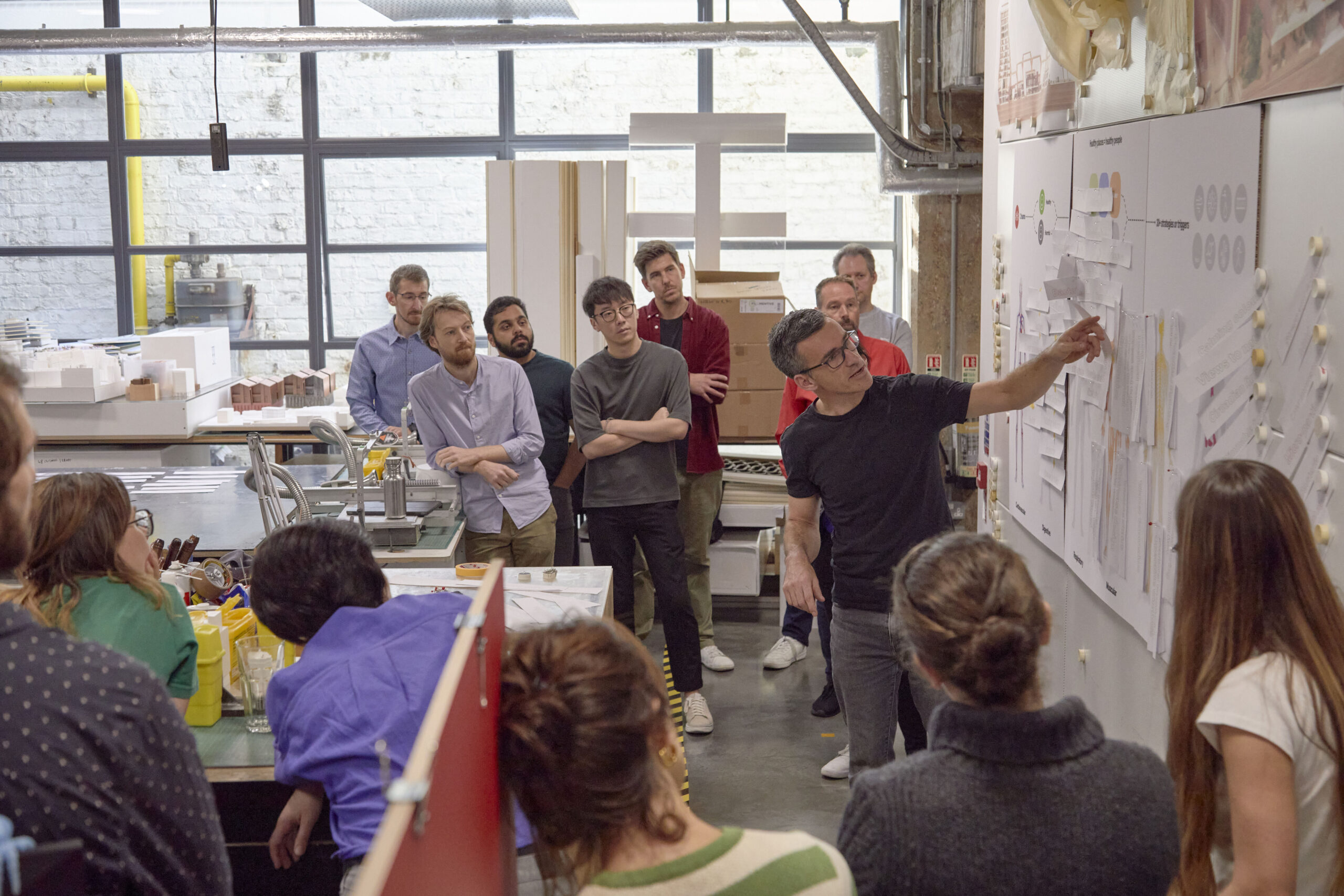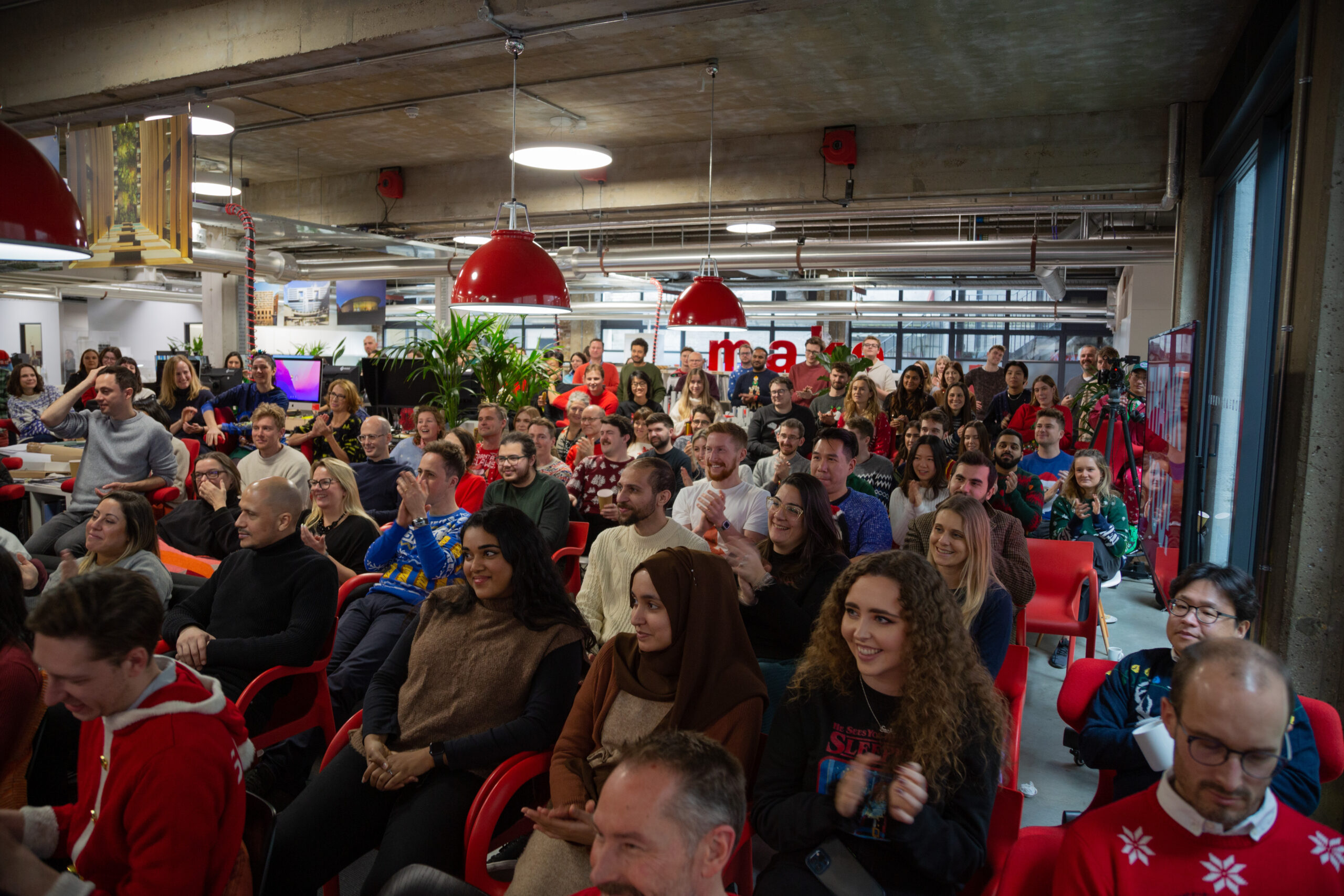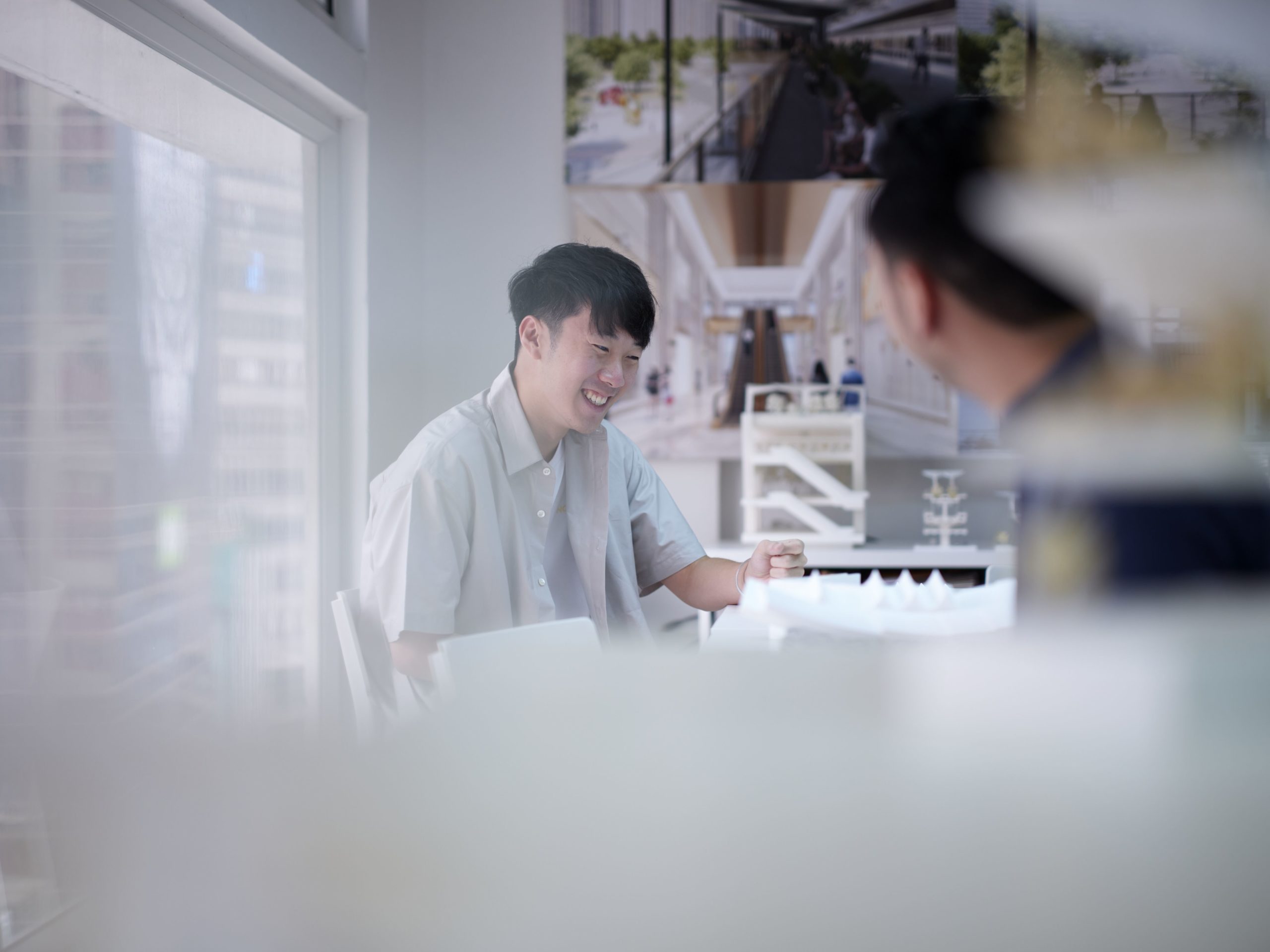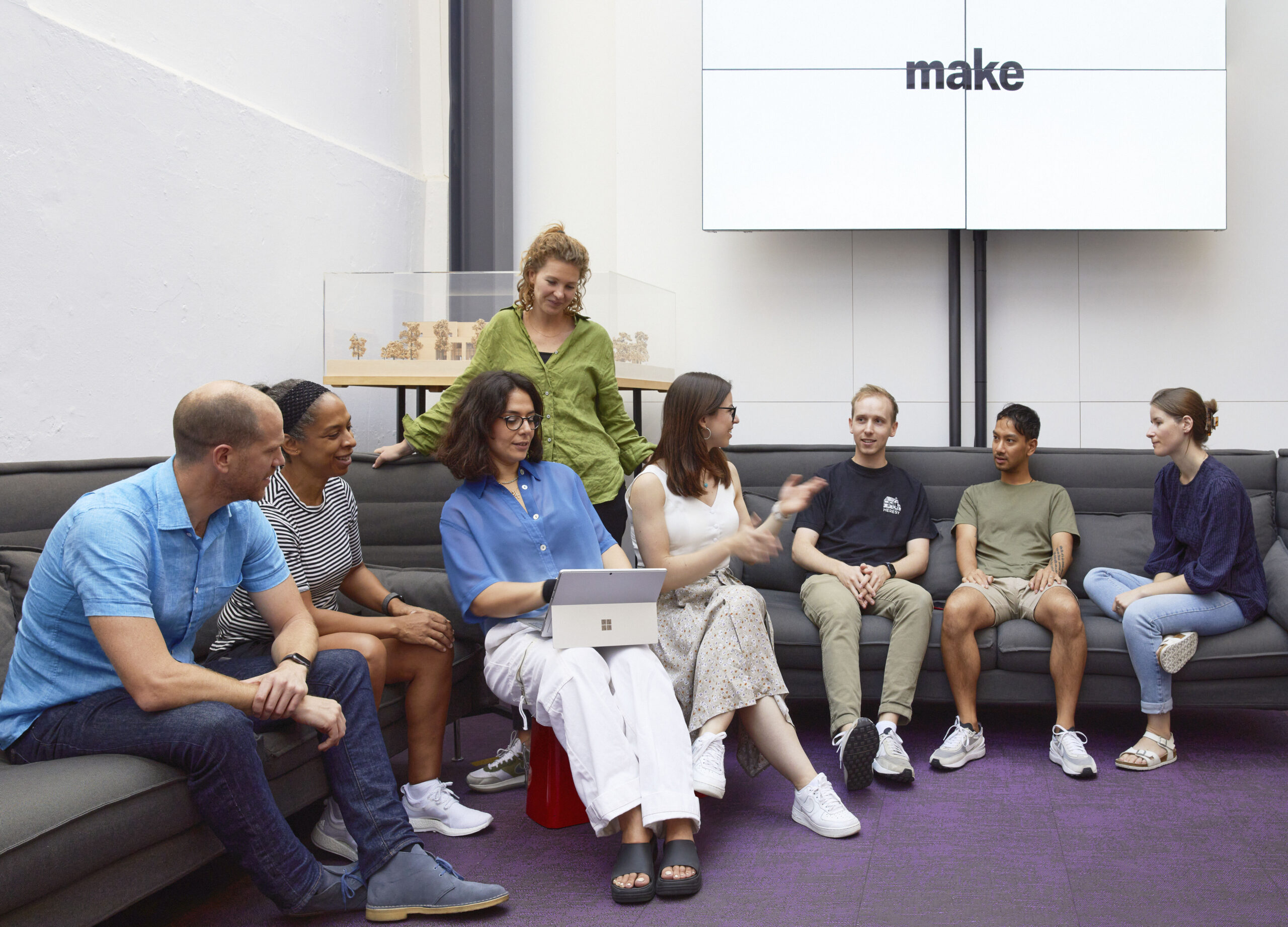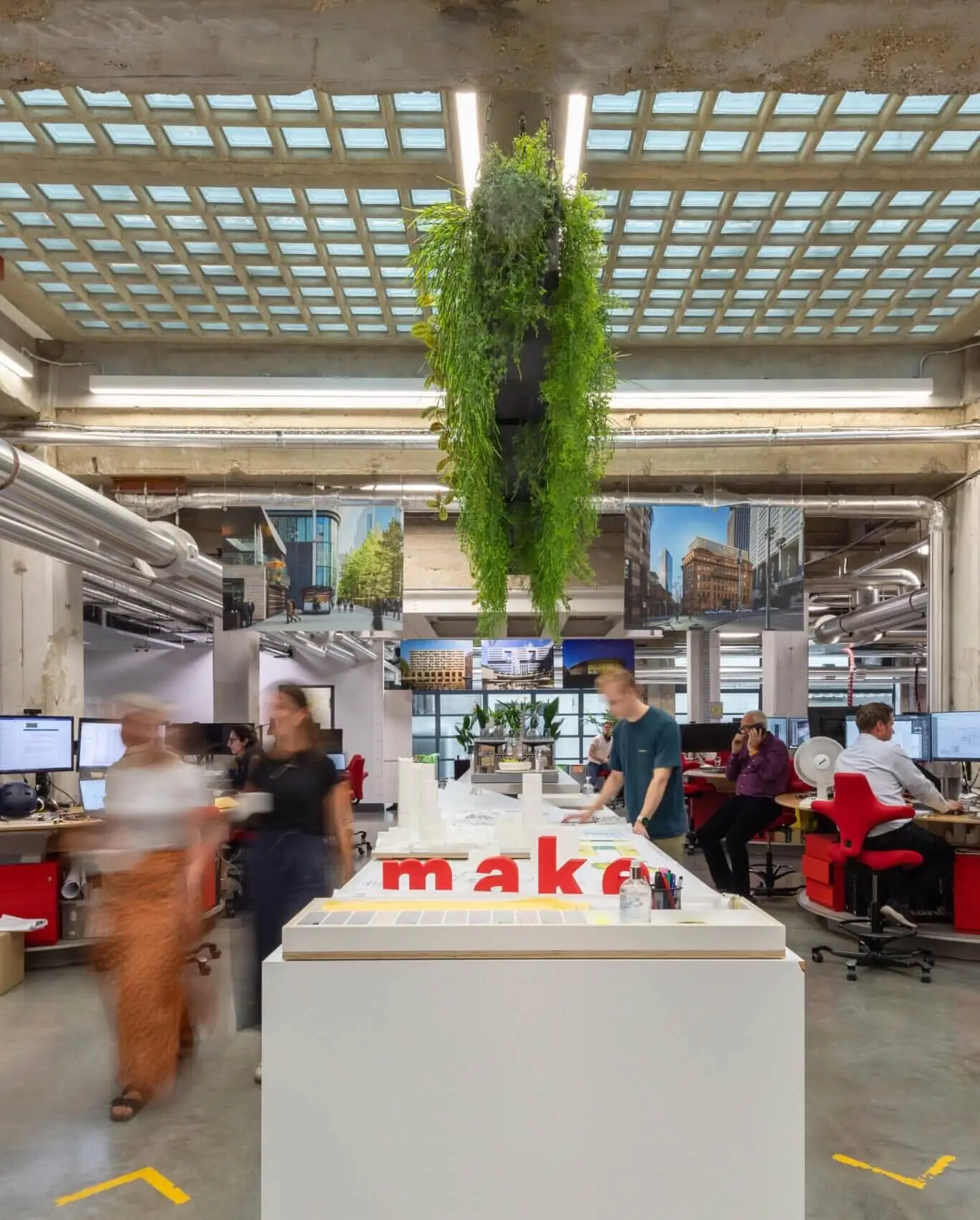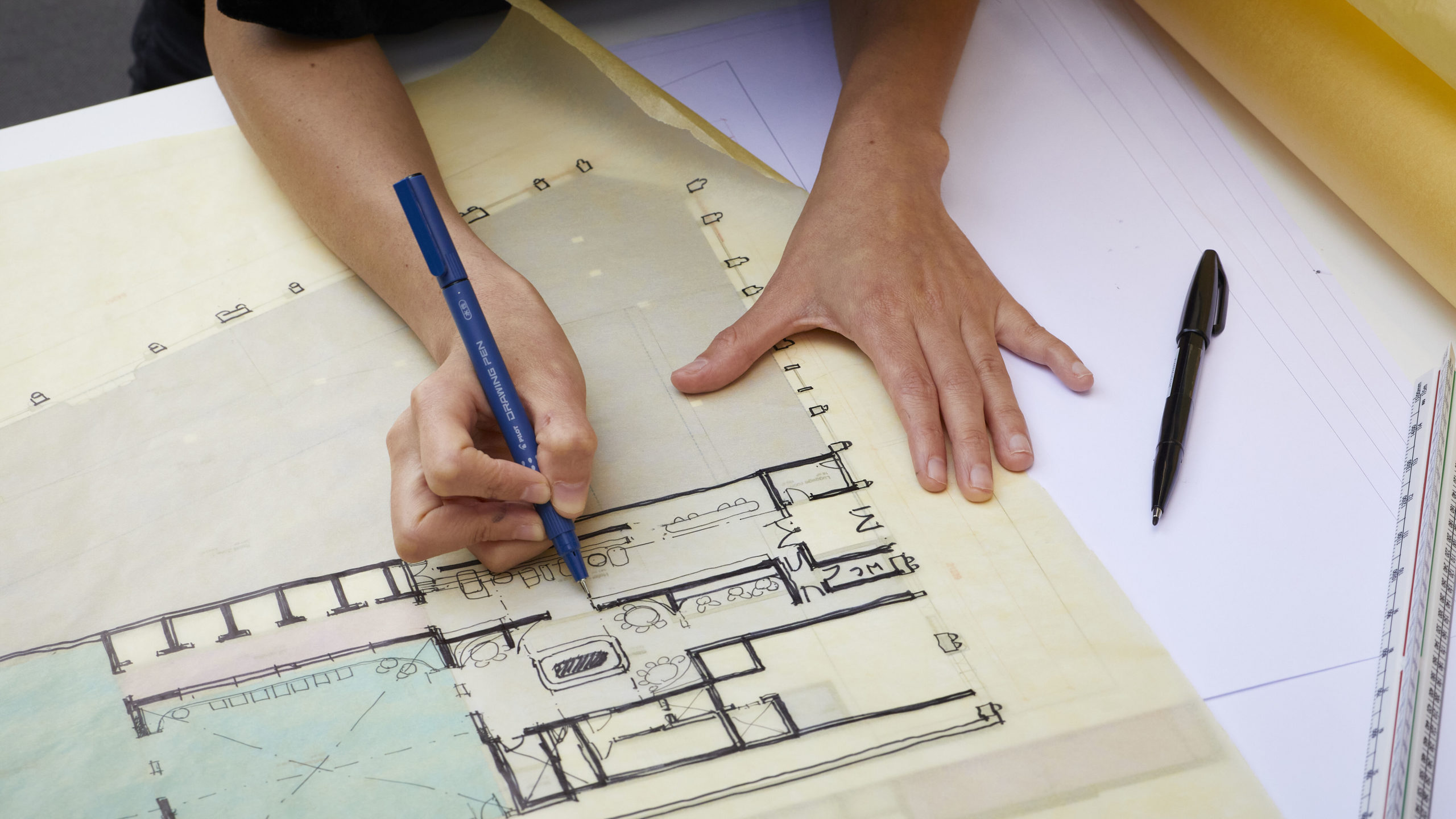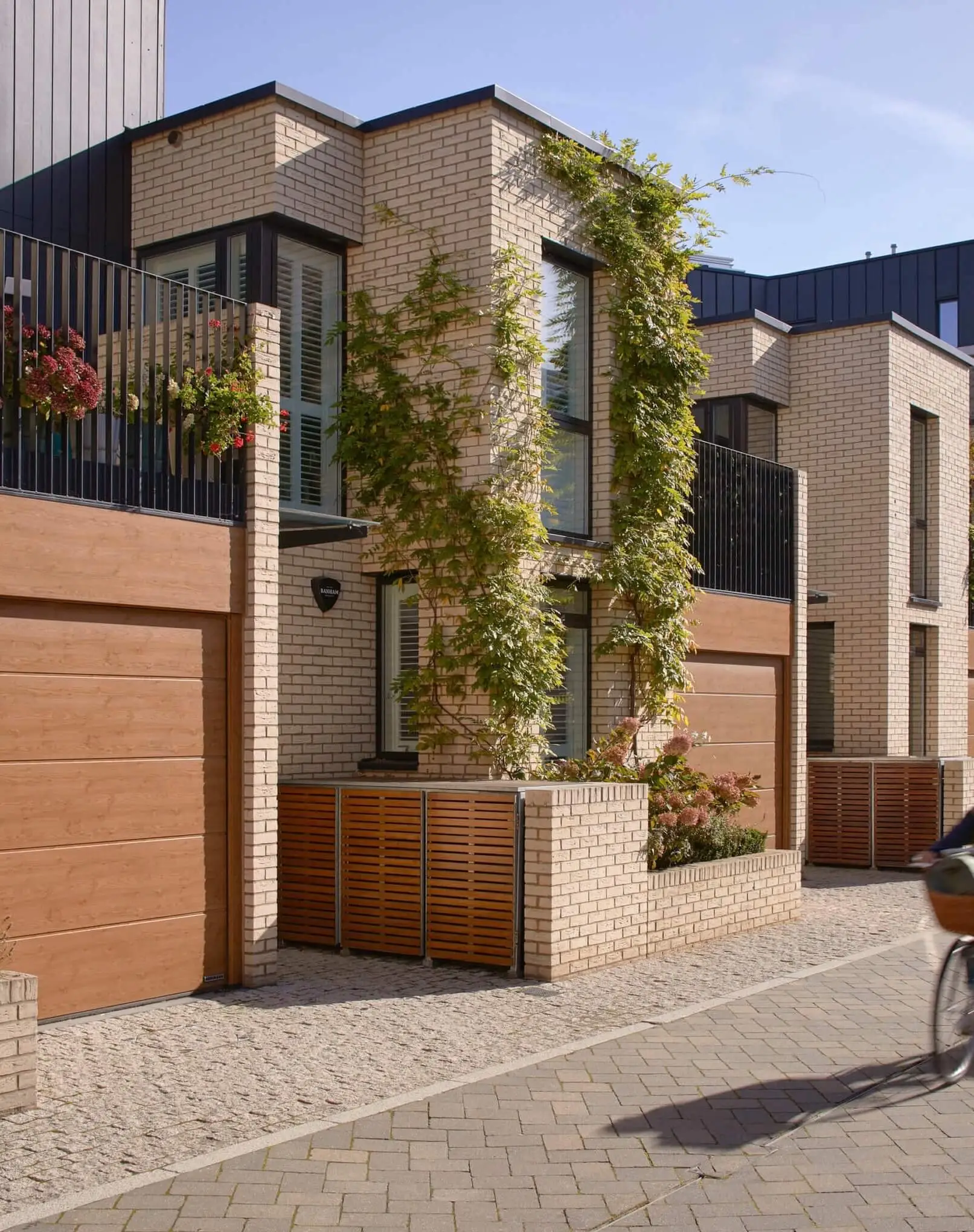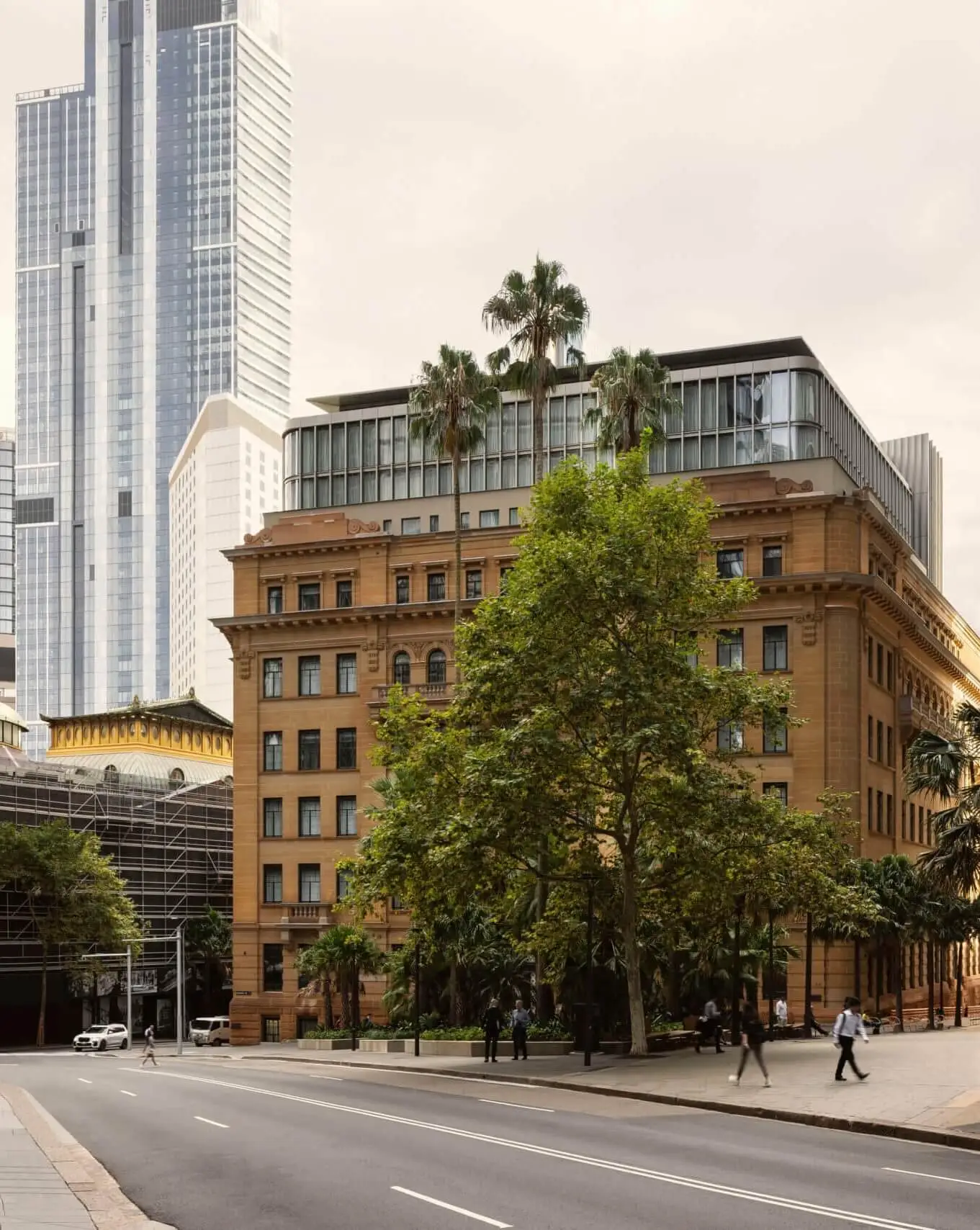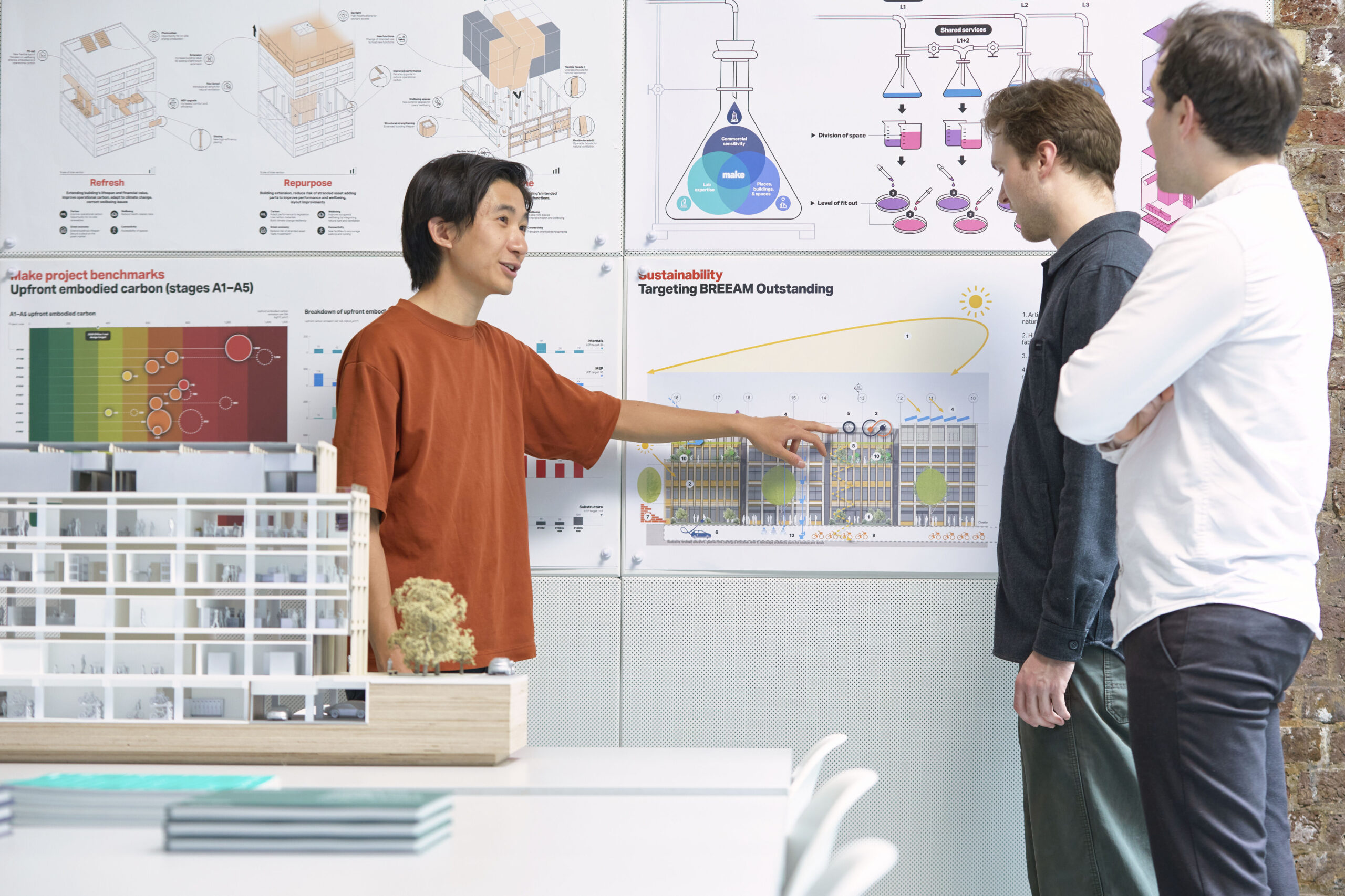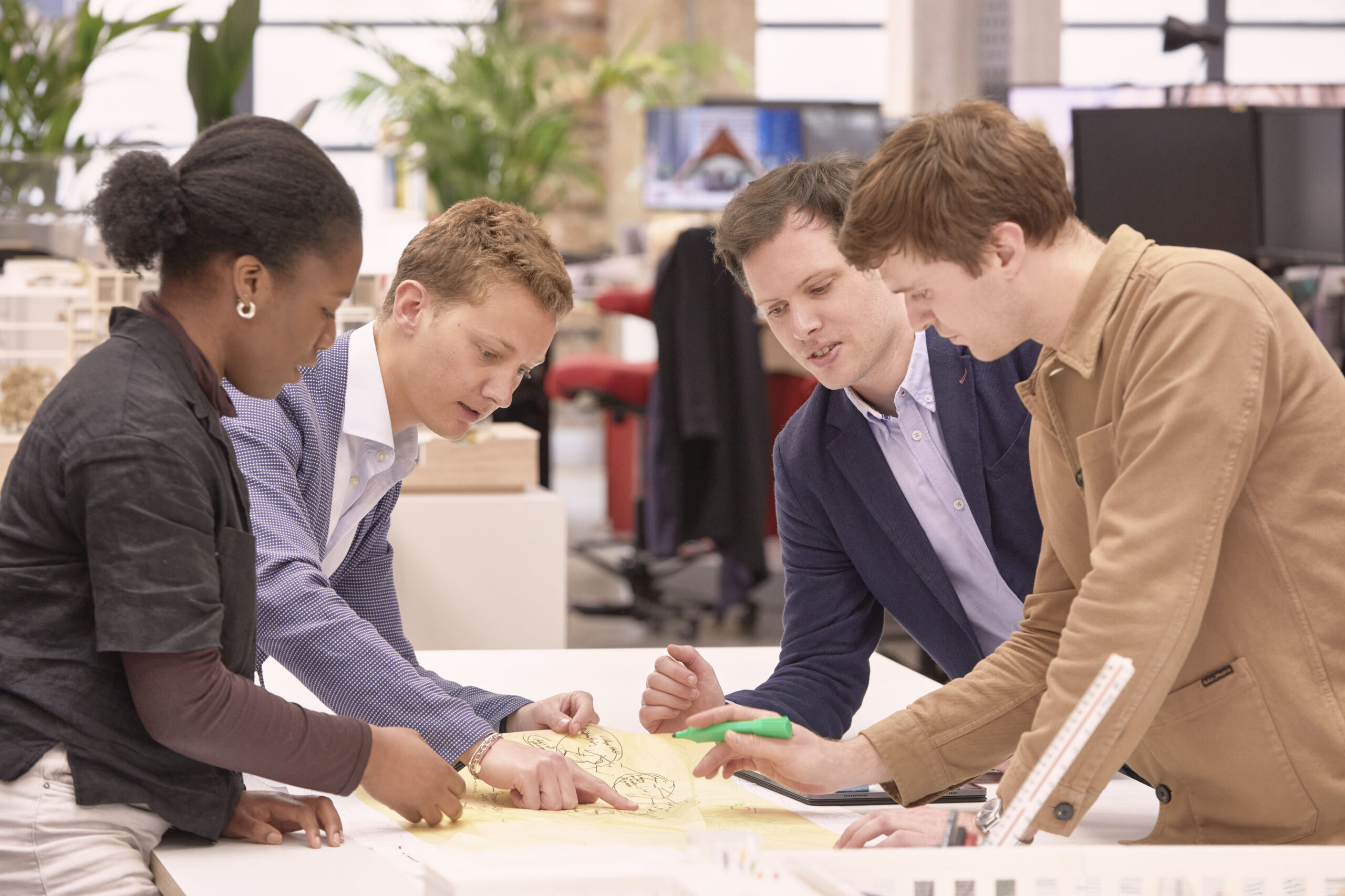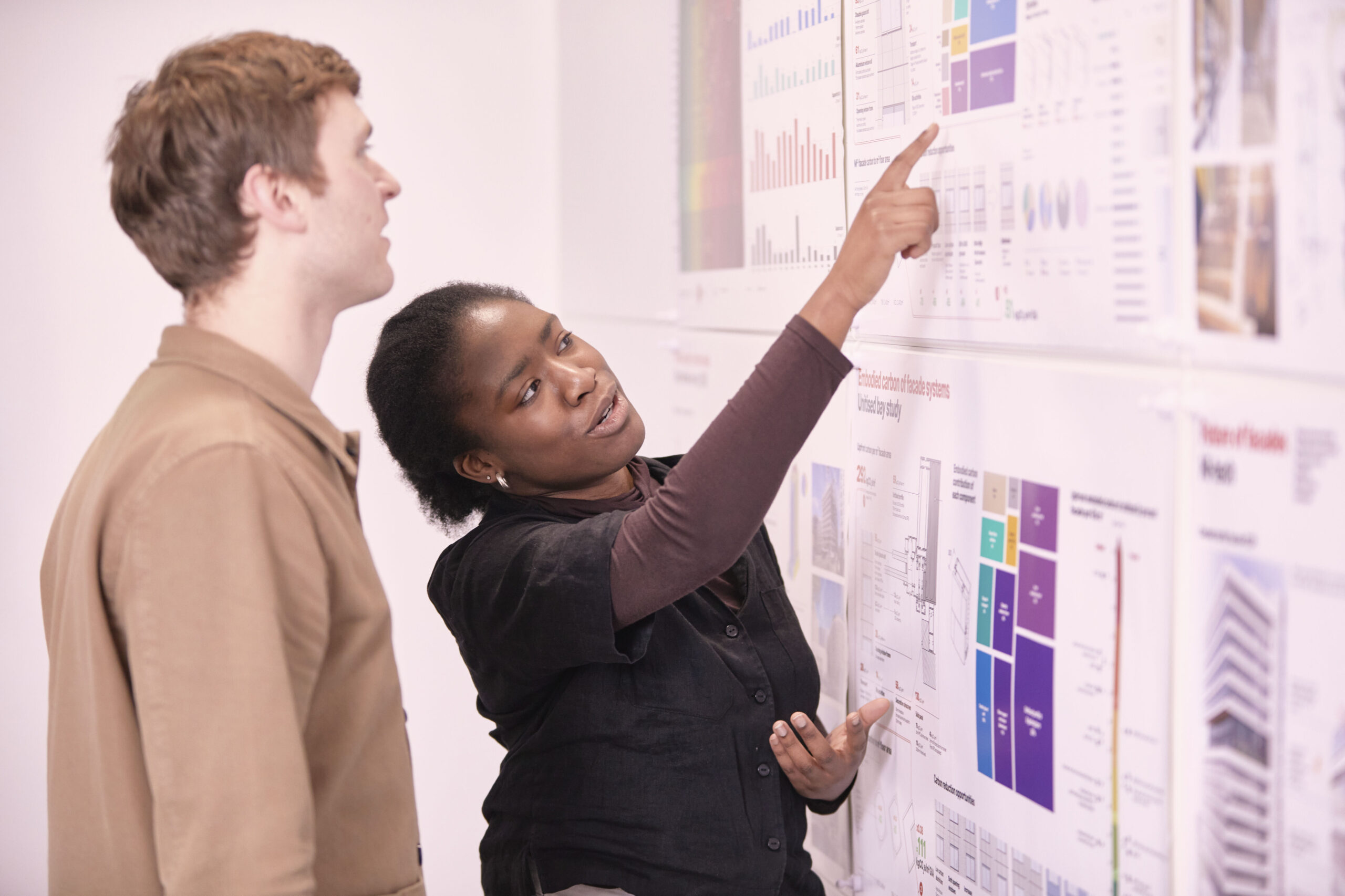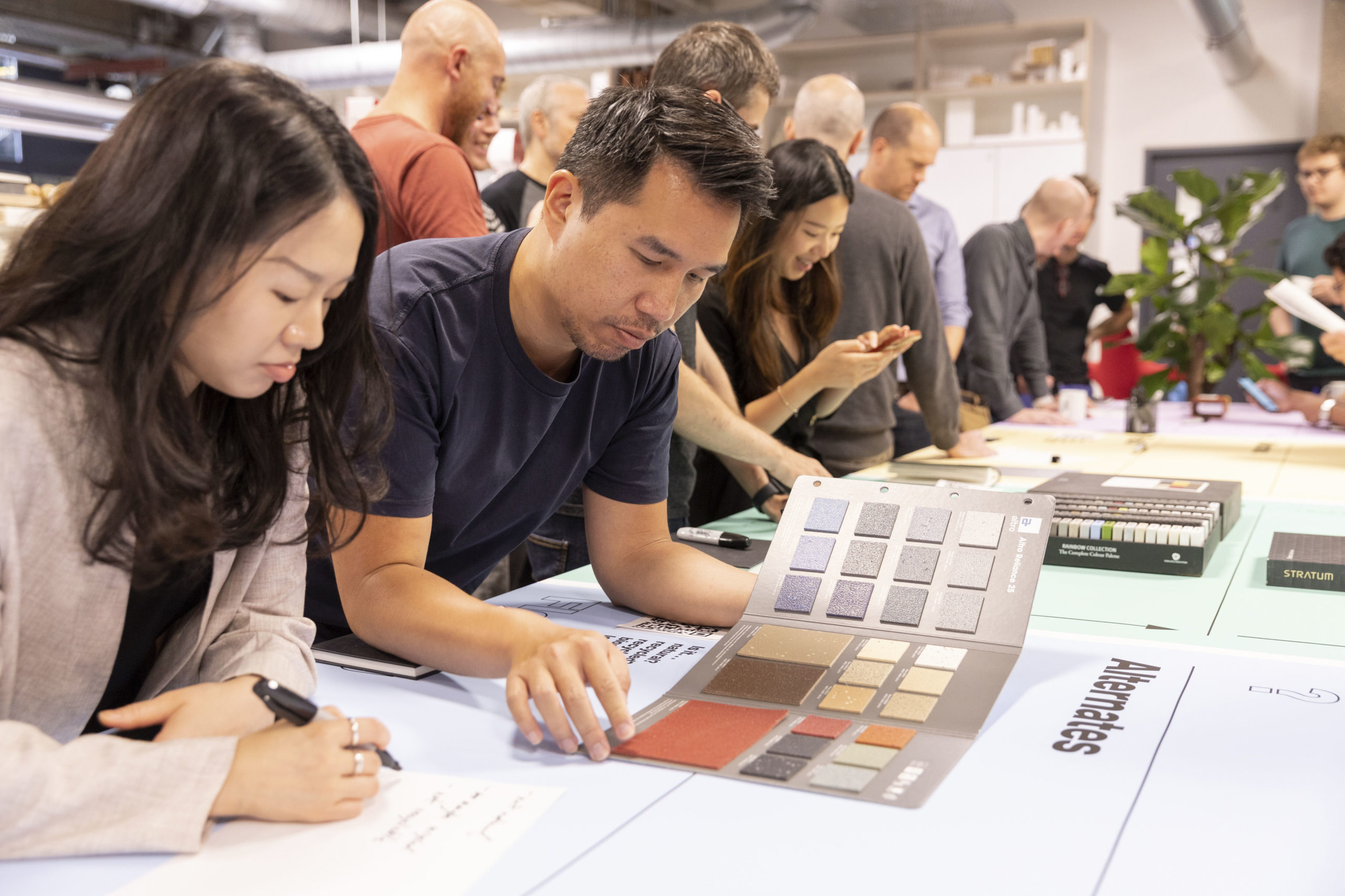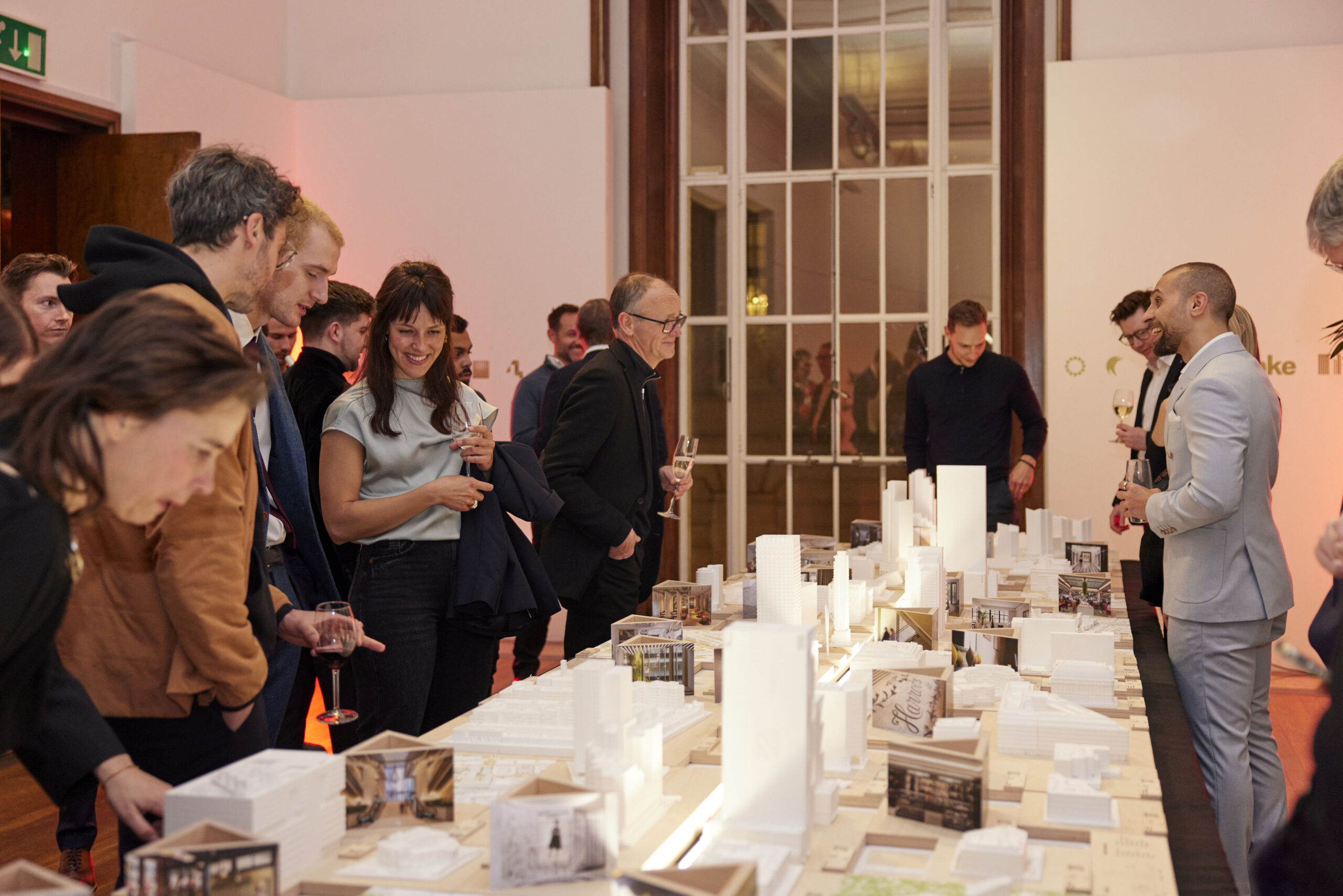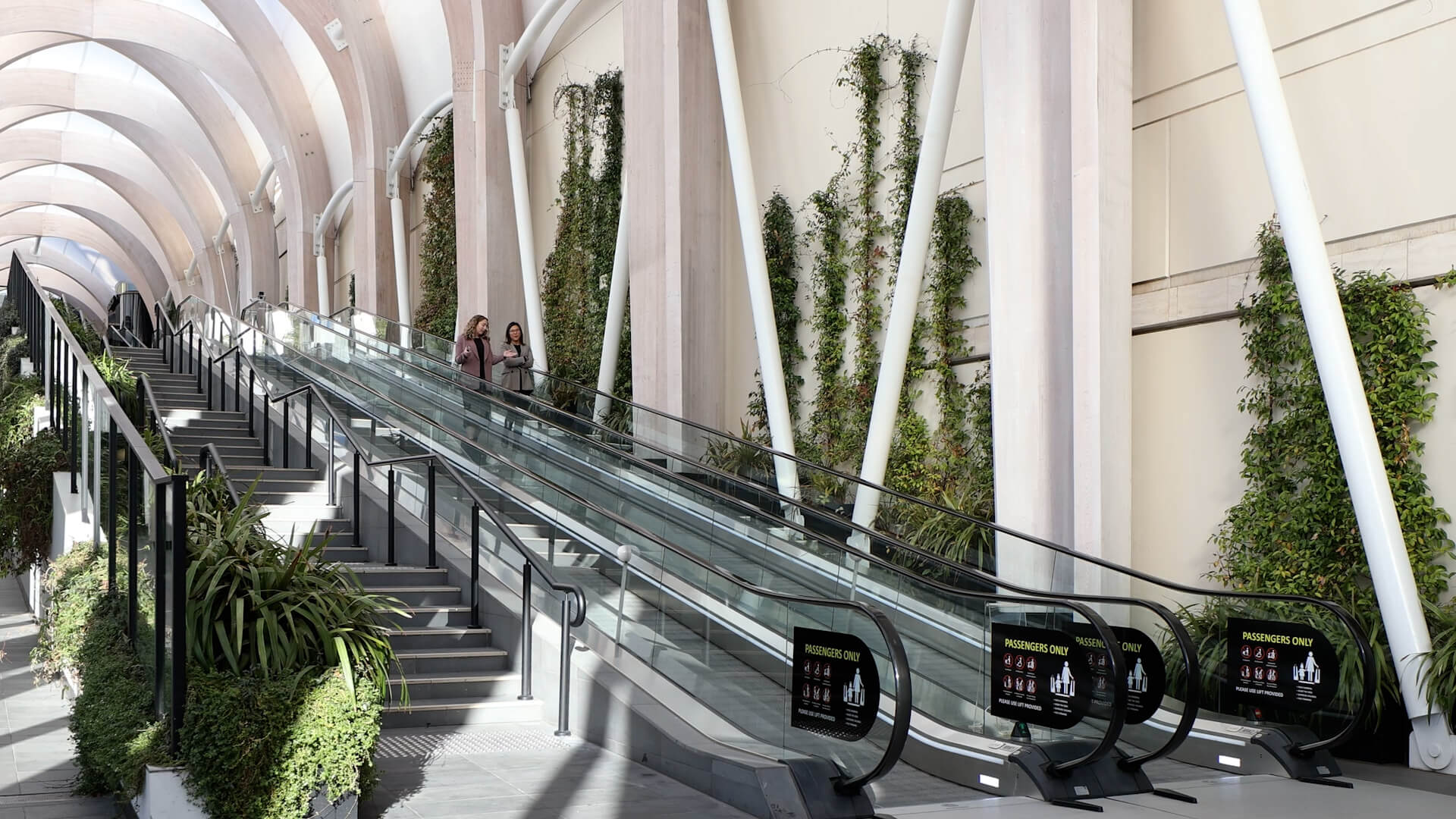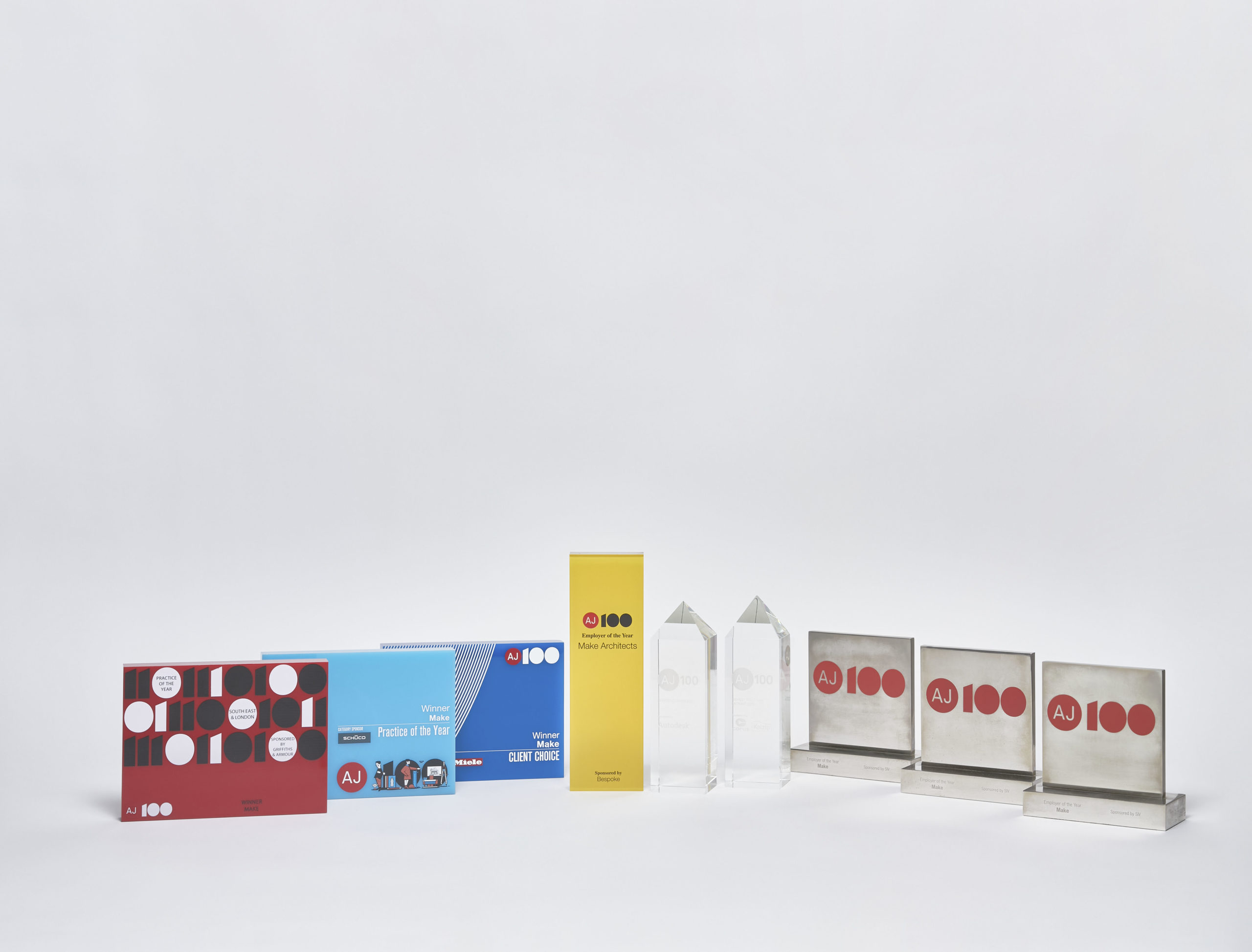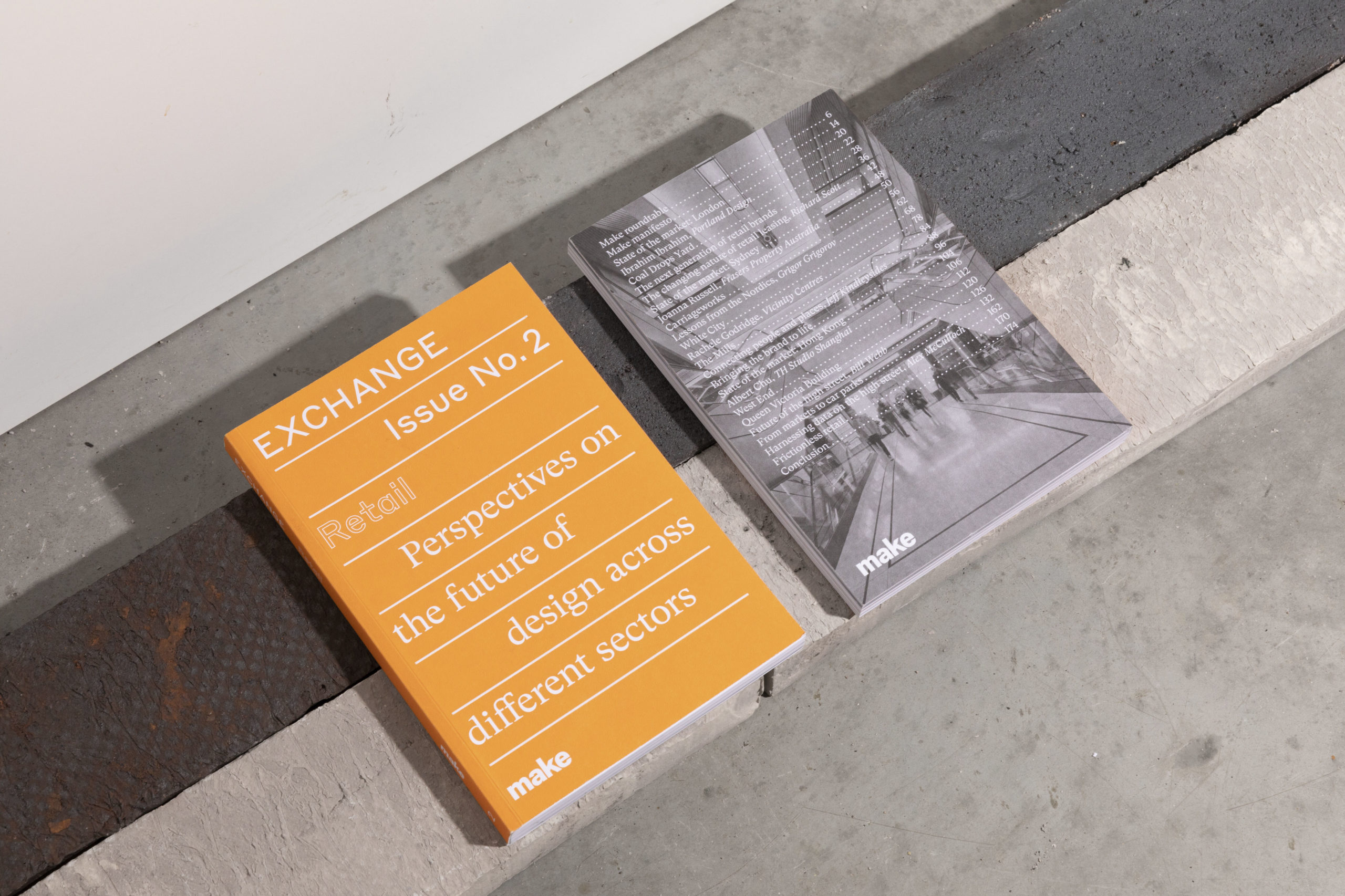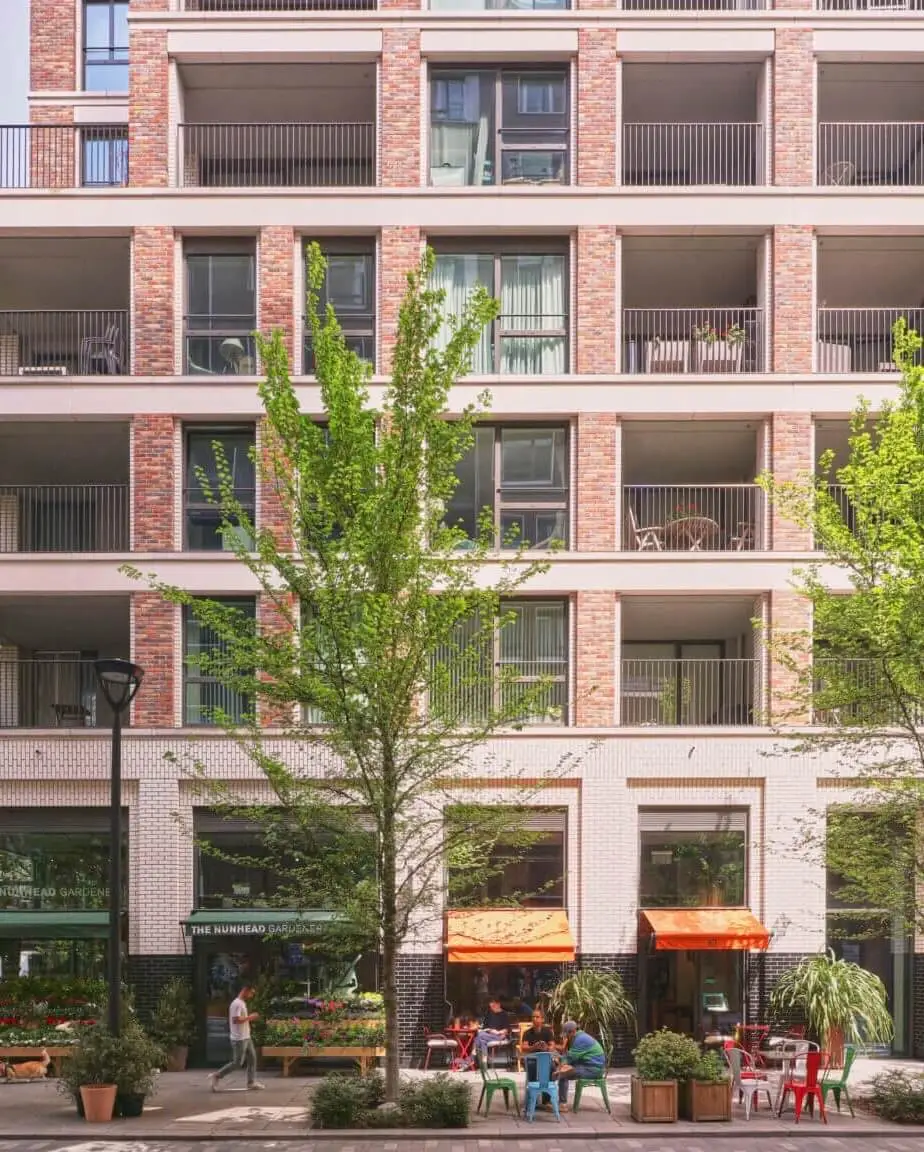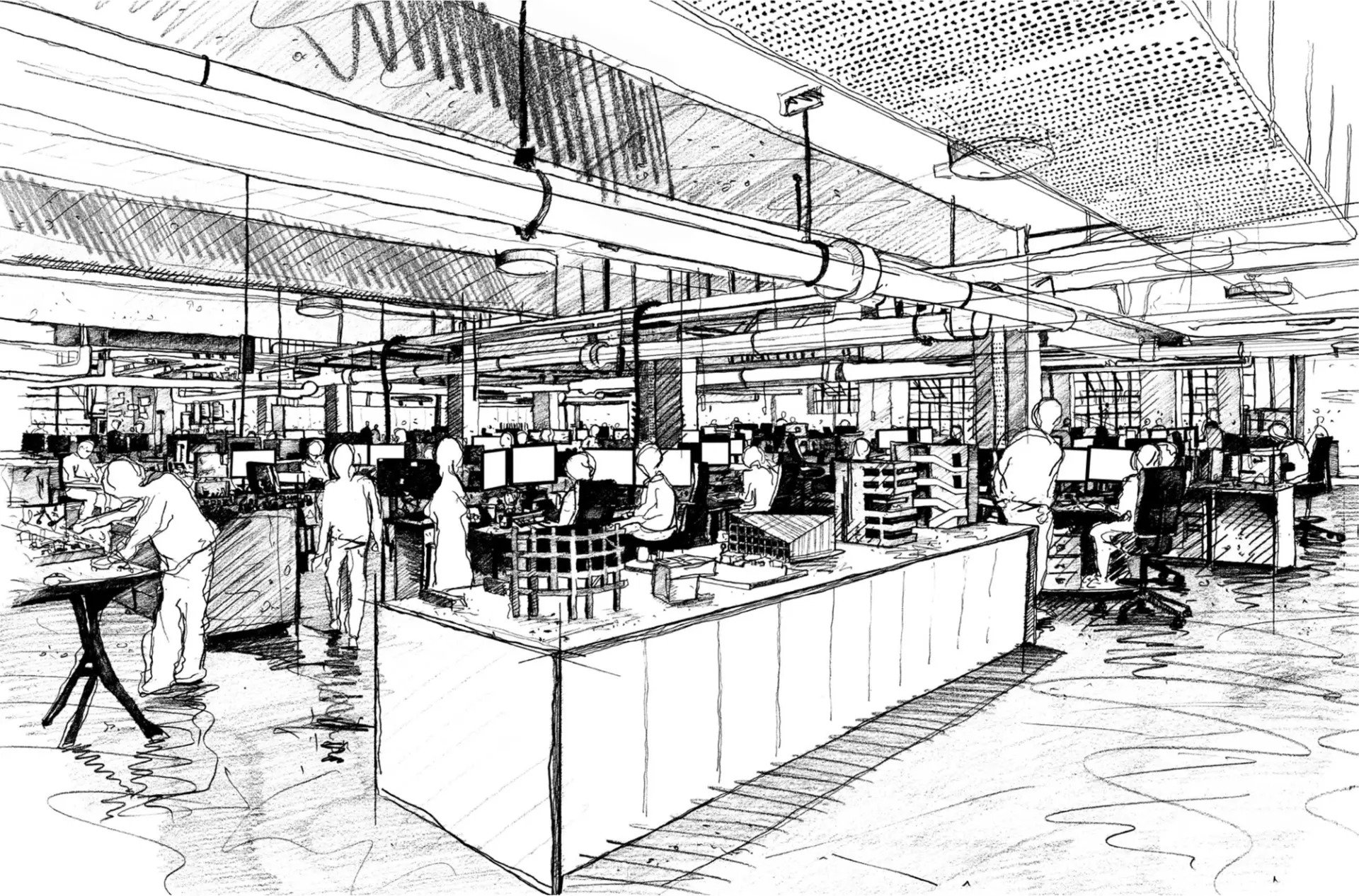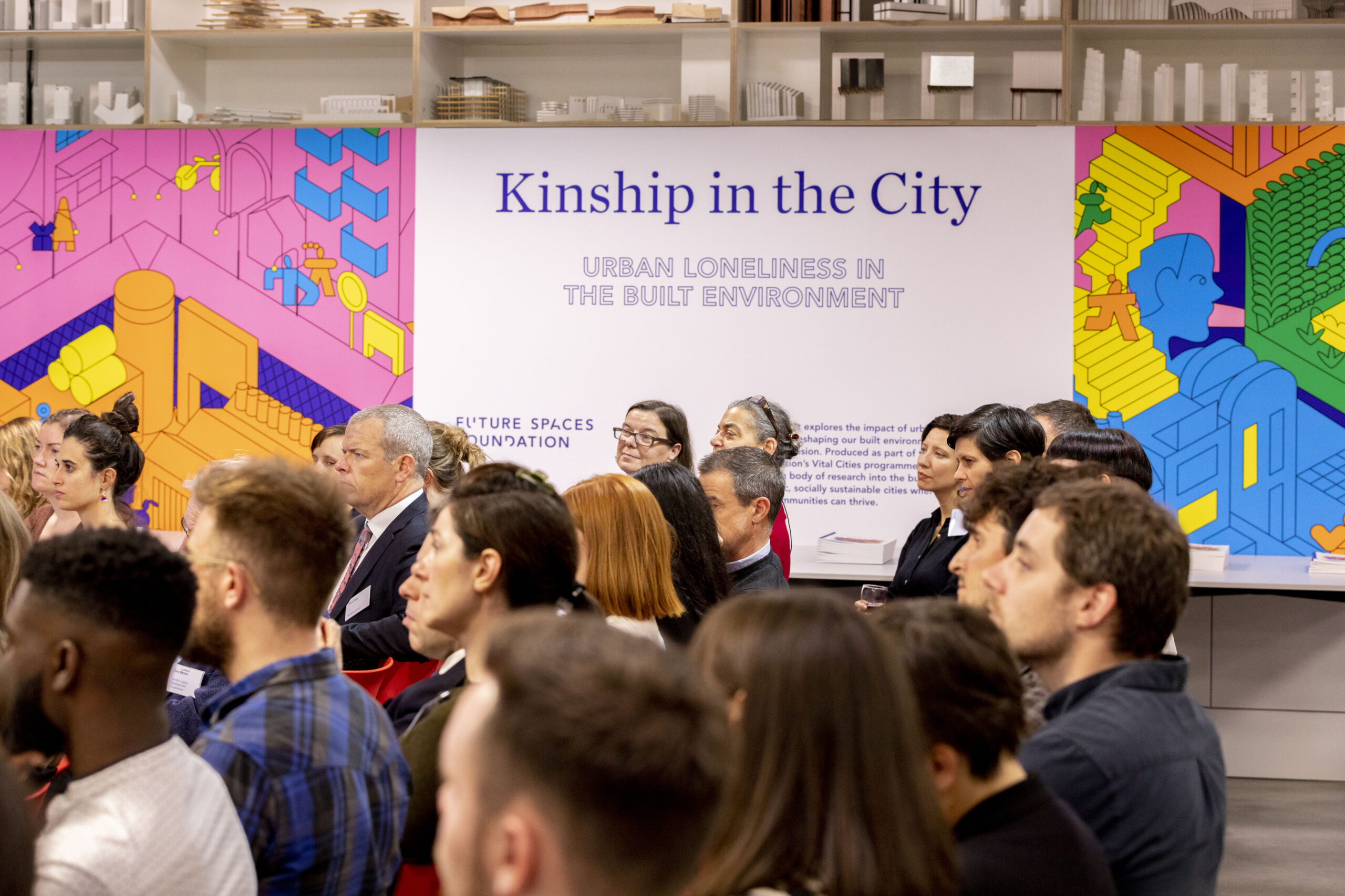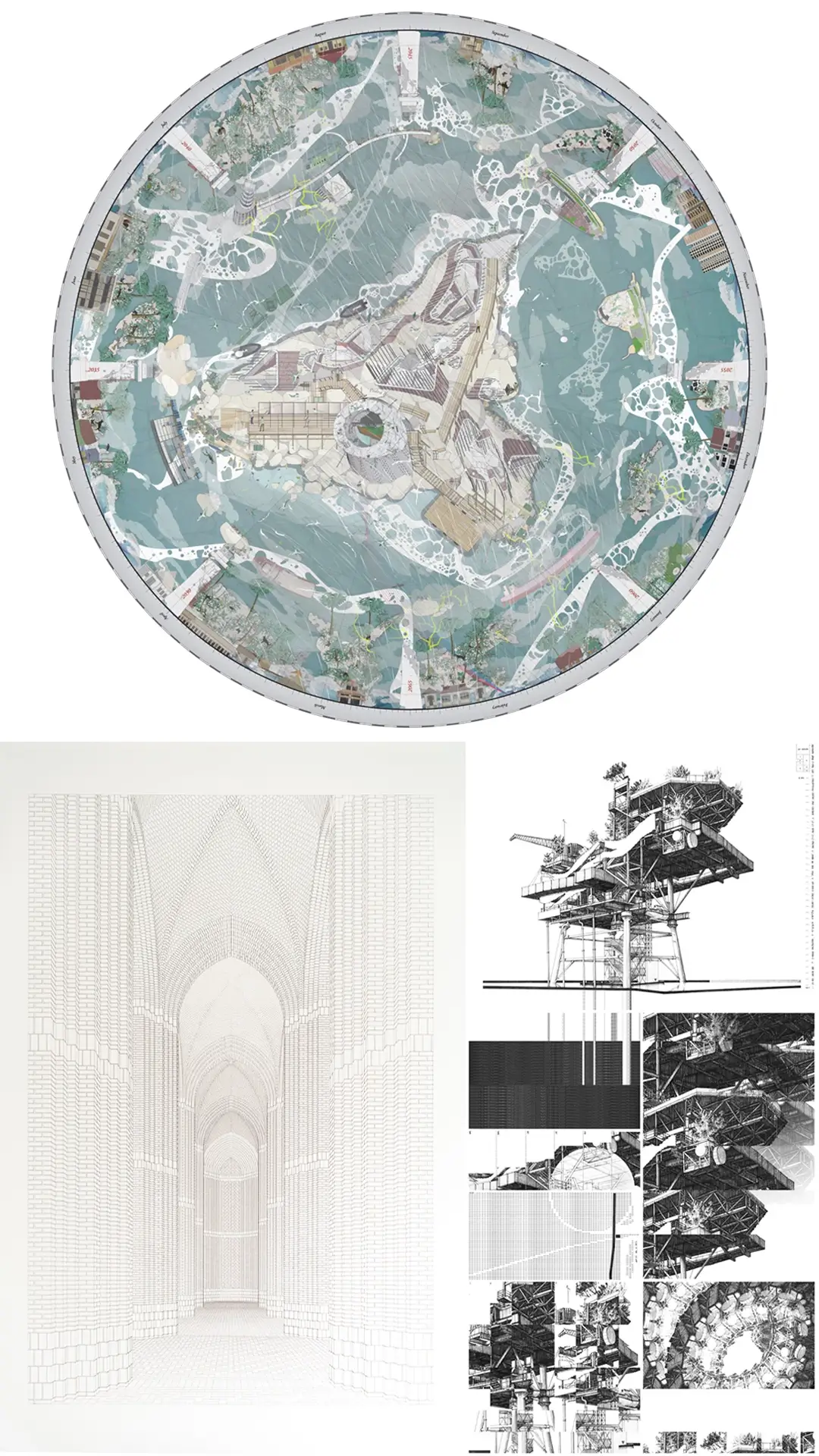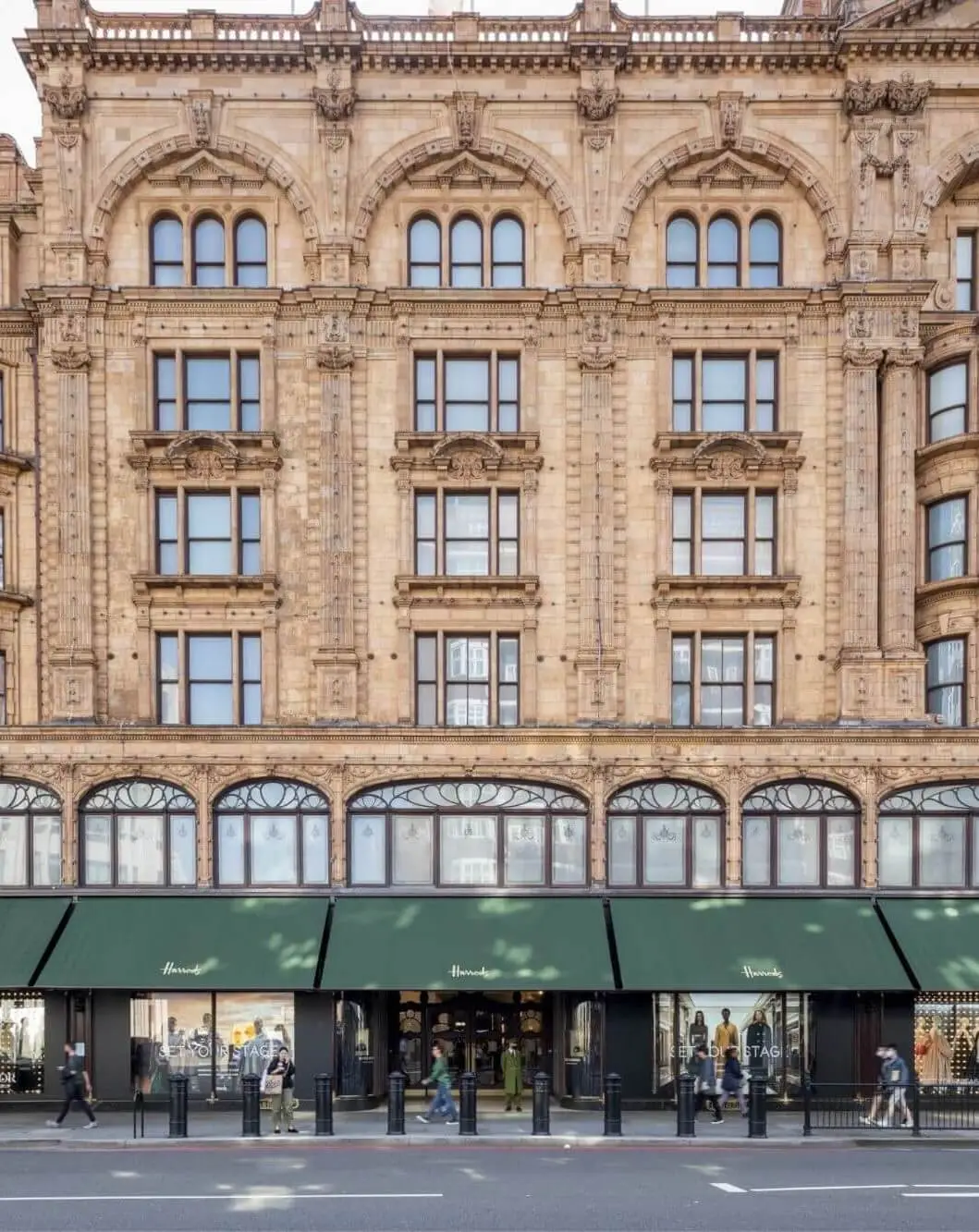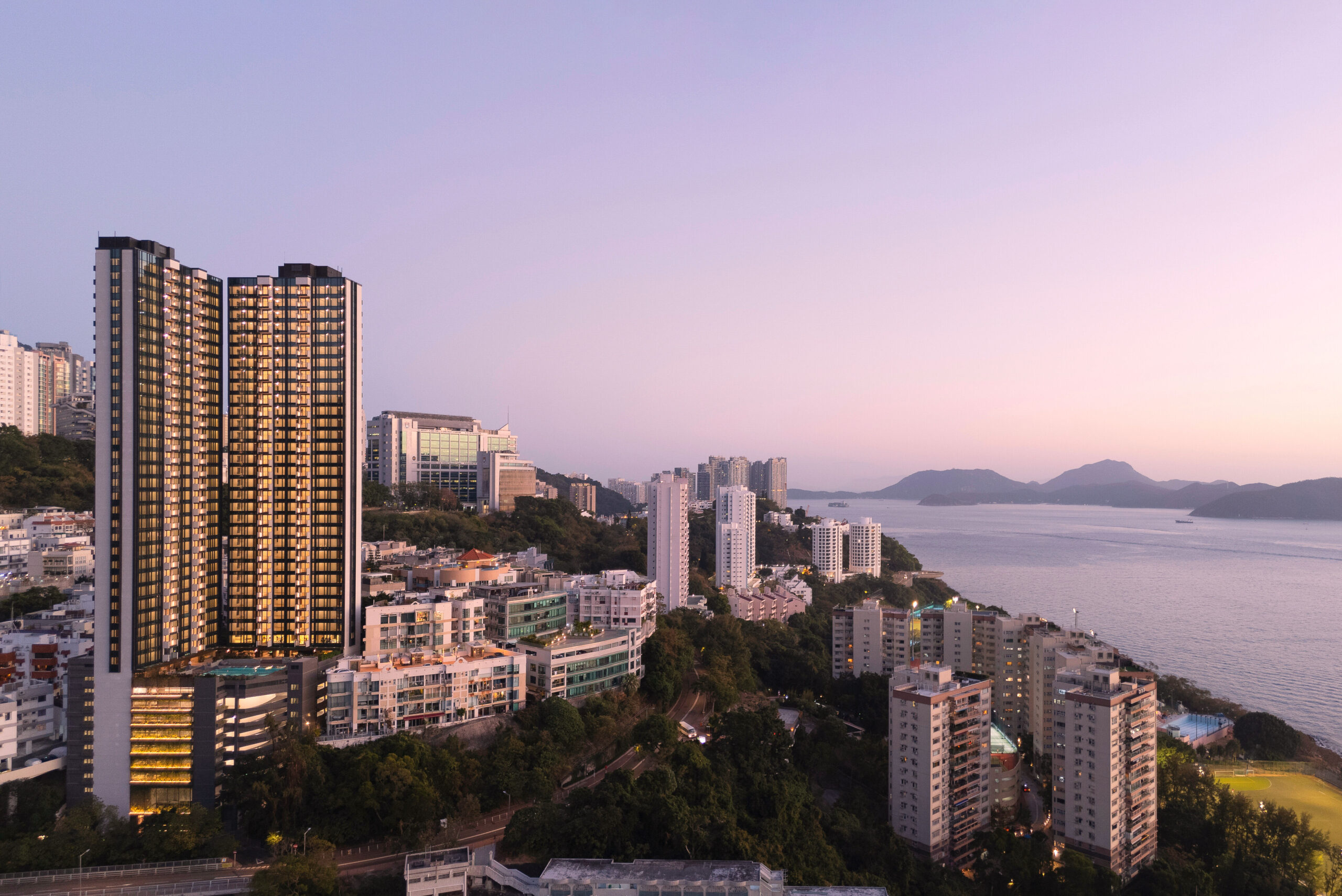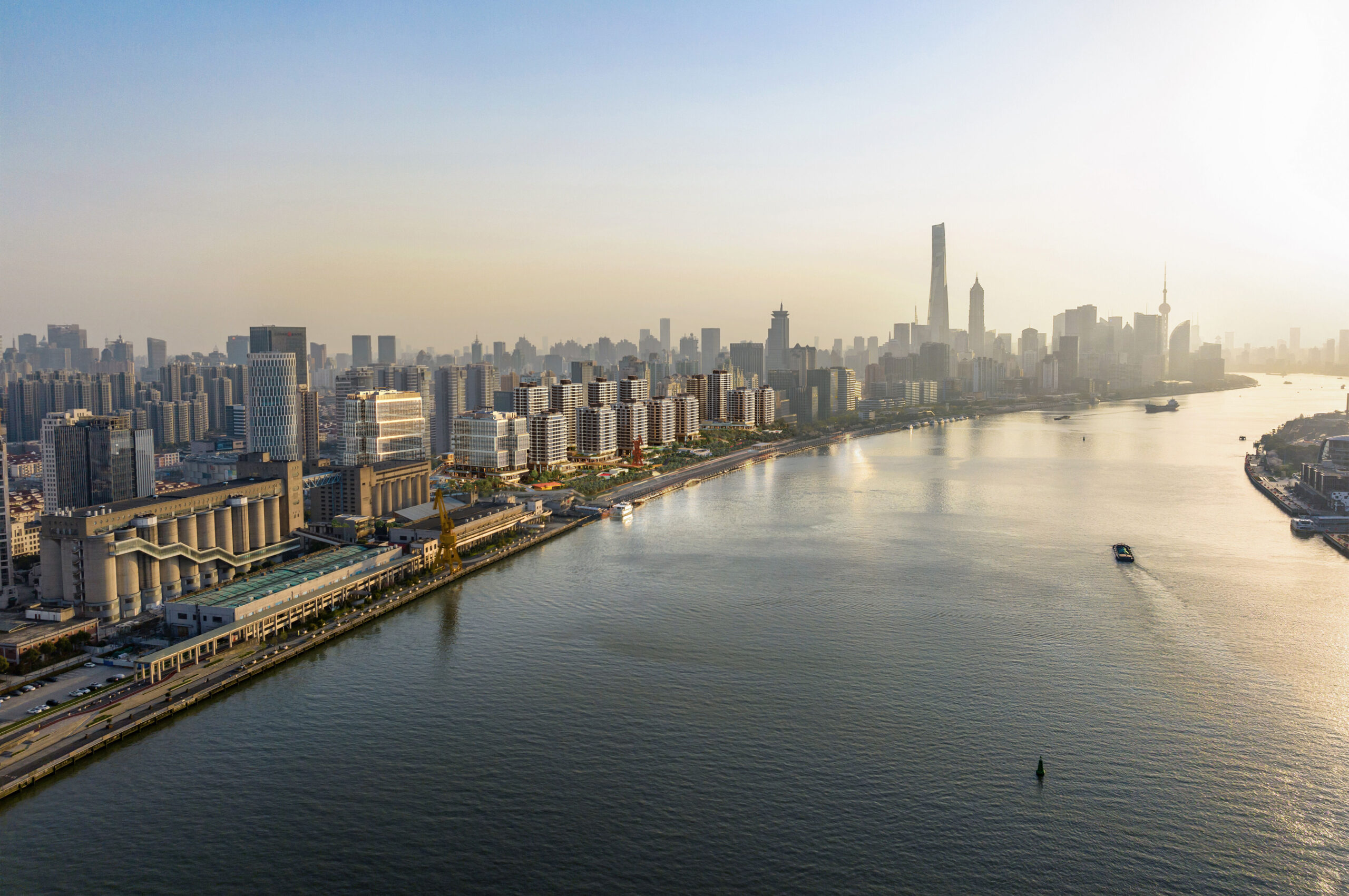About Finlay
Name Finlay Whitfield
University Arts University Bournemouth
Course name BA (Hons) Modelmaking
Years on course 2016-2019
Instagram handle @MrFinlayW
How did you get into modelmaking?
Growing up, I was always fascinated by Lego and the process of having a collection of parts and creating something larger than the sum of its parts. My college tutor took me to a portfolio day at Arts Uni Bournemouth, and the exposure to the variety of things that I could make was exciting. I was specifically interested in the potential of modelling for film and games industries, but during my second year I discovered a love for architectural modelmaking, perhaps because of the similarities to Lego.
What sort of models do you make in your spare time?
I like to make digital models of assets in film and TV, making something that is themed, or to reflect an environment. I also have enjoyed exploring the Grasshopper plug-in for Rhino, where I’ve used it to build a replica of Spaceship Earth attraction at Epcot at Disney World, the largest geodesic dome structure in the world.
I want to build my own workshop so I can make more physical models at home that involve all aspects of making, Arduinos, LEDs, perhaps even projection mapping.
If you could make a model of any building, what would it be?
Being a die-hard supporter of Portsmouth FC, I’d love to make a model of Fratton Park. At university I was refused the plans for the grounds, so I made a section model of Wembley Stadium instead. Since Fratton Park is currently being redeveloped, it would be good to have some sort of record of the historic ground.


Do you listen to any particular music while you’re working?
Whilst I was working on the Big Data Institute at Make, I distinctly remember listening to Panic! At The Disco. The latest album had such a positive energy to work with. Another one of note is the Hamilton Soundtrack. Generally, I listen to specific albums from back to front as I’m too lazy to curate playlists. Enter Shikari is always thrown in, too!
What do you think are the key skills or attributes of a successful modelmaker?
I think you have to always want to learn – the industry moves so fast and there are so many processes that can be used, that you are never finished. Being in a role where you’re exposed to so many materials, technologies and processes creates a varied work life that is never stagnant. Also, time management is important. As a modelmaker, you can get so fixated on the smallest detail of a model that it’s easy to forget the bigger picture.
Any tips for keeping your hands steady and staying concentrated?
Don’t drink too much coffee. When it’s a really intense task, music from video games is excellent. It’s designed to be motivating and easy-listening, whilst not taking your attention away from the task. Halo 2 is a classic.

Did your placement at Make change your outlook and understanding of working as a modelmaker?
At university, the majority of your work is done independently, whereas at Make you’re part of a great team. Being able to directly talk to architects to understand the purpose of the model was beneficial to evaluate the most critical features to represent.
What skills do you feel you developed during your placement?
I remember Gabriel Tansley teaching me how to solder LEDs – it was a simple task, but as someone who had never touched a soldering iron before, I had no idea where to start. The most valuable thing I learnt was how to plan a model in Rhino. Engineering the models into components and organising them by process – it gave me a clear view of how everything would be made.

How was your work placement different to university work?
I found having direct dialogue with the architects really helpful. The moment you hand over a model to the architect and you can see the excitement on their face – that’s when the hard work pays off. Lots of the architects at Make loved models! Bill Webb especially. There was encouragement to have fun with what we were making and when you hear how a model has helped progressed a design, it’s some of the best feedback you can get.
This post forms part of our #futuremodelmakers campaign, celebrating the work of the 2020 student modelmaking graduates. Tag your work on Instagram to take part.
